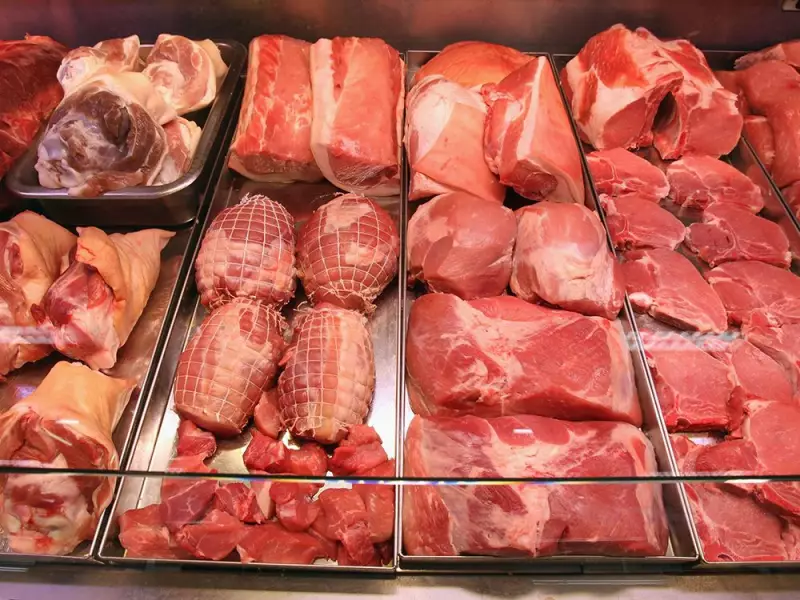
Imagine biting into a perfectly marbled steak that began its life not on a farm, but in a laboratory. This isn't science fiction—it's the emerging reality of cloned meat technology that could soon transform Canadian dinner tables and the entire food industry.
The Science Behind Your Future Steak
Cloned meat comes from animals created through somatic cell nuclear transfer, the same groundbreaking technique that brought us Dolly the sheep. Scientists take genetic material from premium livestock and create identical copies, promising unprecedented consistency in meat quality and characteristics.
While the concept might sound futuristic, the technology has been developing for decades. What's changing now is the potential for commercialization and mainstream acceptance in markets like Canada.
Safety First: What Health Canada Says
Canadian food safety authorities have conducted extensive reviews of cloned animal products. The consensus? Meat and milk from cloned livestock are virtually indistinguishable from their conventionally bred counterparts.
Multiple scientific studies have confirmed that cloned meat poses no unique health risks. The nutritional profile, taste, and safety standards match traditional products, making the cloning process transparent to consumers at the molecular level.
Why Farmers Are Watching Closely
The agricultural sector sees cloned meat technology as a potential game-changer for several compelling reasons:
- Genetic excellence: Replicate animals with superior disease resistance or meat quality
- Consistency: Create uniform products that meet exact market specifications
- Sustainability: Reduce the environmental footprint of traditional livestock farming
- Food security: Enhance Canada's ability to produce high-quality protein efficiently
The Consumer Conundrum
Despite scientific assurances, public perception remains the biggest hurdle. Many Canadians express unease about eating cloned animal products, citing both ethical concerns and the "yuck factor" associated with laboratory-created food.
This psychological barrier presents a significant challenge for food producers and regulators. Even if the science is sound, consumer acceptance will ultimately determine whether cloned meat becomes a grocery store staple or remains a niche product.
Labeling and Transparency Matters
One of the most heated debates surrounds product labeling. Should cloned meat be clearly identified for consumers? Current regulations don't require special labeling, arguing that since the end product is identical, differentiation is unnecessary.
However, consumer advocacy groups argue for transparency, believing shoppers have the right to know exactly what they're purchasing and consuming, regardless of scientific equivalence.
The Global Landscape
Canada isn't alone in navigating this food technology frontier. Several countries have approved cloned meat products, while others maintain cautious approaches. The international regulatory patchwork creates challenges for global food trade and standardization.
As research continues and technology advances, the conversation around cloned meat is shifting from "if" it will enter our food supply to "when" and "how" it will become normalized.
What's Next for Canadian Food?
The cloned meat discussion represents a larger trend of technological innovation in agriculture. As Canada positions itself at the forefront of food technology, balancing scientific progress with consumer comfort will be crucial.
Whether you're excited or apprehensive about this development, one thing is clear: the future of food is being rewritten in laboratories and research facilities, and cloned meat is just one chapter in this ongoing story of culinary evolution.





